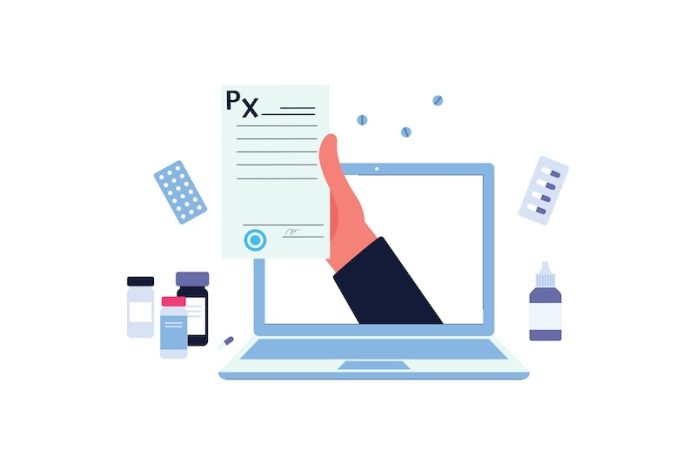
High blood pressure, or hypertension, is a common condition that affects millions worldwide. It’s a major risk factor for heart disease and stroke, among other health issues.
Thankfully, the field of medicine is always advancing, and recent years have seen significant developments in treatments for high blood pressure. These new medications offer hope for better management of the condition with potentially fewer side effects.
Traditionally, treatment for high blood pressure has included a variety of drugs such as beta-blockers, diuretics, ACE inhibitors, and calcium channel blockers.
Each of these works differently to lower blood pressure, and they have been the backbone of hypertension management for decades. However, they don’t work perfectly for everyone and can cause side effects such as fatigue, dizziness, and other discomforts.
In response to these challenges, researchers have developed newer medications that aim to target high blood pressure more effectively with fewer side effects. One such breakthrough is the introduction of angiotensin receptor-neprilysin inhibitors (ARNIs).
These drugs not only help relax blood vessels but also enhance the body’s ability to rid itself of excess salt and water. ARNIs have shown promise not only in lowering blood pressure but also in reducing hospitalizations for heart failure.
Another innovative class of drugs is the SGLT2 inhibitors, originally used to treat diabetes. Recent studies have shown that these drugs can also be very effective in lowering blood pressure in people with hypertension.
They work by causing the kidneys to remove sugar from the body through urine, which also helps eliminate excess sodium and improve blood vessel function.
Additionally, there’s growing interest in mineralocorticoid receptor antagonists (MRAs), which are not entirely new but have seen renewed interest for their effectiveness in resistant hypertension—a condition where blood pressure remains high despite the use of multiple blood pressure medications.
MRAs help block hormones that can cause salt and fluid retention, which is particularly beneficial for lowering blood pressure.
Research into these newer medications is promising. For example, a study published in the Journal of the American College of Cardiology highlighted the benefits of ARNIs over traditional drugs, showing they not only reduce blood pressure but also help prevent major cardiovascular events like heart attacks.
Similarly, SGLT2 inhibitors have been spotlighted in recent trials for their added benefits on heart and kidney health beyond just controlling blood pressure.
However, it’s important to note that while these new medications are exciting, they are not suitable for everyone.
Each person’s treatment needs to be tailored to their specific health profile, considering factors like age, other health conditions, and how well they tolerate certain medications.
Therefore, consulting with a healthcare provider is essential to determine the best and most effective treatment plan.
As research continues and these newer drugs are studied over longer periods, we can expect even more refined approaches to treating high blood pressure. The goal is not only to manage this condition more effectively but to do so in a way that improves overall quality of life.
In conclusion, the landscape of high blood pressure treatment is evolving, with newer medications providing additional options for patients who might not have had success with traditional treatments.
This is a promising development in the fight against a condition that remains a leading cause of health problems worldwide. As always, a combination of medication, lifestyle changes, and regular check-ups remains the best strategy to manage high blood pressure effectively.
If you care about nutrition, please read studies about why vitamin K is so important for older people, and this snack food may harm your heart rhythm.
For more information about nutrition, please see recent studies about vitamin that may protect you from type 2 diabetes, and results showing this common chemical in food may harm your blood pressure.
Copyright © 2024 Knowridge Science Report. All rights reserved.



